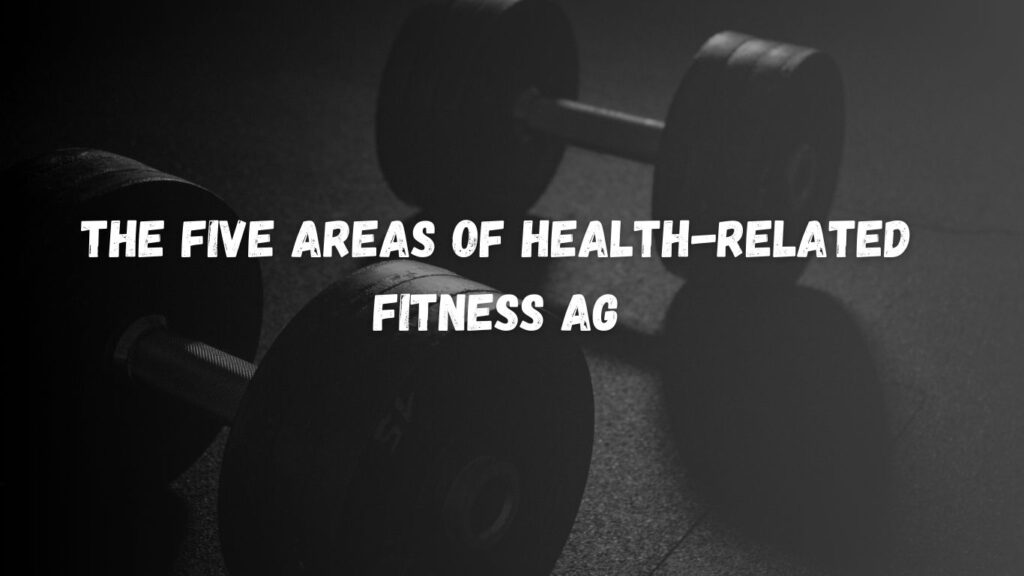Physical fitness is crucial for several reasons:
Health Benefits: Regular exercise and physical activity can help prevent or manage a wide range of health problems and concerns, including stroke, metabolic syndrome, type 2 diabetes, depression, certain types of cancer, arthritis, and cardiovascular diseases. It also improves your immune system, reducing your risk of illness and infection.
Longevity: Being physically fit can contribute to a longer life expectancy. Regular exercise and a healthy lifestyle can increase your chances of living longer and enjoying a higher quality of life as you age.
Improved Mental Health: Physical activity releases endorphins, which are chemicals in your brain that act as natural painkillers and mood elevators. Regular exercise can help reduce stress, anxiety, and depression, as well as improve your overall mental well-being and self-esteem.
Enhanced Cognitive Function: Exercise is not just good for the body; it’s also good for the brain. Physical activity stimulates the growth of new brain cells and helps prevent age-related decline in cognitive function. It can improve memory, concentration, and productivity.
Better Sleep: Regular physical activity can help you fall asleep faster, deepen your sleep, and improve sleep quality. It can also help alleviate sleep disorders such as insomnia.
Increased Energy Levels: Exercise improves your cardiovascular health, increases endurance, and strengthens muscles, leading to increased energy levels and reduced fatigue throughout the day.
Weight Management: Physical activity helps control weight by burning calories. When combined with proper nutrition, regular exercise can help you achieve and maintain a healthy weight, reducing your risk of obesity and related health problems.
Improved Physical Function: Being physically fit improves your strength, flexibility, balance, and coordination, making it easier to perform daily tasks and reducing the risk of falls and injuries, especially as you age.
Social Benefits: Engaging in physical activities such as team sports, group fitness classes, or outdoor activities can provide opportunities for social interaction, which is important for mental and emotional well-being.

The basic components of physical fitness, explained
Even while you may be aware of the numerous advantages of physical activity, such as less risk of chronic illness, enhanced mental health, and enhanced quality of life, you might be curious about what it actually means to be physically fit.
You can get physical fitness and advance your health by using the five health-related components of physical fitness as a helpful guide. They outline five areas that you should concentrate on in your fitness quest to guarantee an active, well-rounded lifestyle.

Cardiovascular endurance: the ability to perform exercises at moderate-to-vigorous intensities for a prolonged period of time.
Muscular strength: how much force your muscles can exert or how heavy weights they can lift.
Muscular endurance: the ability of your muscles to sustain exercise for a period of time.
Flexibility: the ability to move muscles and joints through a full range of motion.
Body composition: your body’s ratio of fat mass to fat-free mass like muscle and bone.
SUMMARY
Cardiovascular endurance, muscular strength, muscular endurance, flexibility, and body composition are the five health-related aspects of physical fitness.
